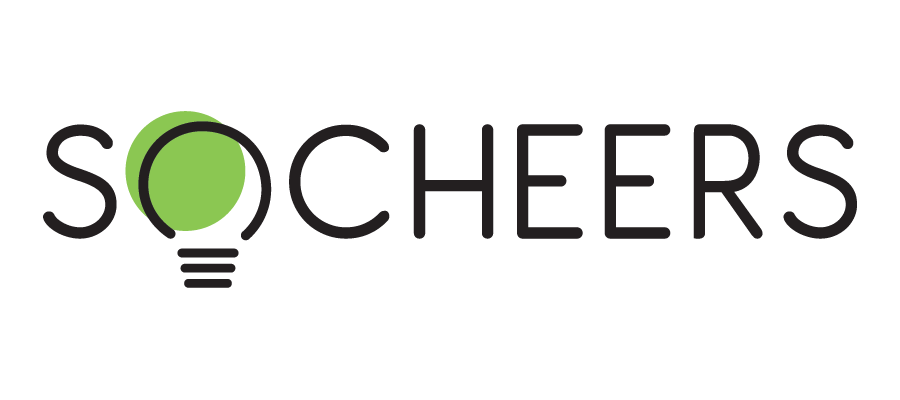Pollution.
A word we are somehow overly-familiar with. We live in it, we breathe it in, we spread it. The pollution problem has plagued the globe since millennia. And yet somehow, we’re not worried. We live care-free, doing what we do, the way we want to do it. And all irrespective of the way it affects others or the world we’re living in. When is it time to finally take on the pollution challenge and turn it around?
The advent of the global pandemic brought on health concerns like never before. While we walk around in our masks trying to keep the virus out, trying to stay safe from imminent danger, how come we forget about the danger that we’ve been brewing for centuries just waiting to take its toll on us? How have we not realised that masks could be a necessity in the near future too – and all for a different, yet not so unknown reason? The current pollution rates only suggest a dystopian world that we’re walking towards. Pollution is a concern now more than ever; and it only grows by the day.
Let’s take a look at our beloved city of Mumbai for example. As noted by IITM (Indian Institute of Technology Madras) & MPCB (Maharashtra Pollution Control Board), the air pollution levels peaked at 162 on 23rd November 2020 with moderate air quality on the Air Quality Index (AQI). This still spells discomfort for most people with lung, asthmatic or heart conditions. And even more so for others at places where the AQI mark crossed 200 viz. Vile Parle West, Colaba, Kurla, Worli, and so on.
Talking about water pollution, MPCB’s report titled ‘Water Quality Status of Maharashtra for 2018-2019’ clearly states that the quality of water has worsened ninefold over the last decade itself. Mithi river stood at 30 on the Water Quality Index (WQI) while water near the Gateway of India stood at 49. The average for the city touched a hard 50 while recent reports even suggest that the WQI in Mumbai & Thane are deteriorating even further and will continue to do so if not kept a check on.
Noise pollution is a daily struggle in the city of Mumbai and reaches its absolute peak during festivals like Diwali. Interestingly enough, the city recorded the lowest level of noise pollution on day 1 of Diwali in the last 15 years according to an NGO in comparison to 2017, 2018 and 2019 which saw noise levels of 117.8 dB, 114.1 dB, 112.3 dB respectively. 2020 saw a level of 105.5 decibels for which a good chunk of credit goes to the pandemic and restrictions. The question we ask is ‘What happens when life goes back to normal?’
The pandemic will pass but given the pollution levels, will there ever be a city where we don’t need to use masks? It’s time you evaluate your actions, it’s time you take steps and #UnmaskYourFuture. A safe and healthy world is everyone’s right; and keeping it that way is everyone’s duty. As we set out to truly make people aware of the dire situation out there this National Pollution Control Day, let us all do our own part to help curb the pollution across all these spectrums. See a polluted area? See room for improvement? Draw in the attention; call it out! We stand by you, with you, and for you. Let’s take a stand and make a change for ourselves and society at large.
Sources:
https://www.oneindia.com/air-quality-index/mumbai/
https://www.mumbailive.com/en/environment/along-with-air-mumbai-experiences-deteriorating-water-quality-index-wqi-44514
https://www.thehindu.com/news/cities/mumbai/noise-pollution-lowest-in-15-years-during-diwali-in-mumbai-ngo/article33102712.ece
